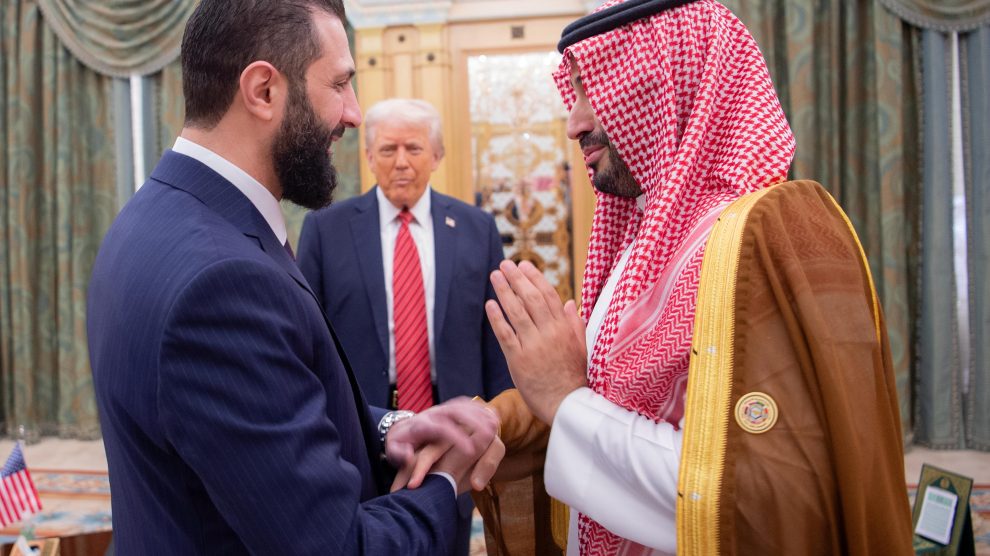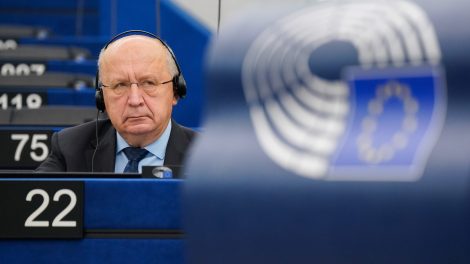Trump’s move. On Monday, President Donald Trump signed an executive order lifting most US economic sanctions on Syria, aligning with the European Council’s decision on May 28.
- The move paves the way for Syria’s reintegration into international markets and multilateral systems.
The Italian angle. Rome has long sought to prevent Syria from becoming a permanent satellite of Russia, Iran, and China, even during the darkest moments of the civil war.
- The US policy shift now allows Italian diplomacy and business to play a frontline role in Syria’s civil and economic reconstruction.
- Italy views this moment as a strategic interest, particularly if Syria eventually joins the Abraham Accords, reshaping its regional and international posture.
What Italy says. Foreign Minister Antonio Tajani, during his January visit to Damascus, outlined Italy’s long-term position, stating that Italy is “ready to support Syria’s reform process” and aims to be “a bridge” between Syria and the European Union.
- Italy is currently the only G7 country with an operational embassy in Damascus, led by Ambassador Stefano Ravagnan.
- On June 25, Minister of Foreign Affairs and Expatriates Asaad al-Shaibani discussed with Ambassador Ravagnan ways to enhance cooperation between the Syrian Arab Republic and the Italian Republic, “as part of supporting reconstruction efforts and building a new Syria.”
- Rome has also reinforced regional ties with players like Saudi Arabia and Turkey to help steer a more inclusive post-war balance.
Opportunities and challenges. The lifting of restrictions targets critical sectors—banking, energy, and telecoms—enabling international reinvestment.
- Italian firms already engaged in humanitarian and infrastructure efforts could benefit, particularly in the energy, water, and health sectors.
Yes, but… Risks persist as Syria’s new leader, Ahmed al-Shaara, a former top rebel commander, survived an assassination attempt in recent weeks.
- ISIS remains a live threat, and security will be crucial to sustain international engagement.
What we’re watching. Western powers view al Shaara’s transitional government as more reform-minded and open to regional dialogue, but are closely monitoring its progress.
- Behind the scenes, negotiations continue over Syria’s potential entry into the Abraham Accords, possibly in exchange for partial recognition of Israeli sovereignty over the Golan Heights, which could be another boost in international legitimacy.





